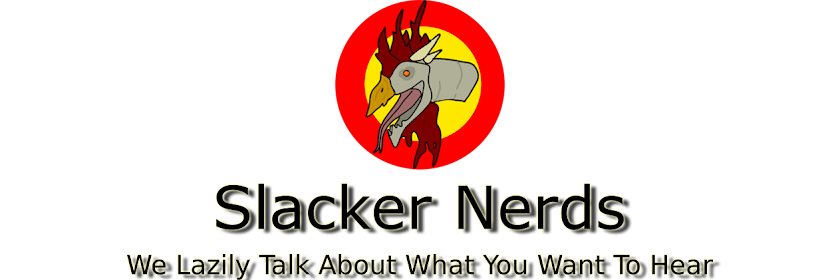This is a post from my patreon page.
I have a monthly post on https://www.highlevelgames.ca/blog. Here's a preview of my next one.
6 reasons why I like DNDBeyond
DNDBeyond has been out for a while now, it promised a new way to access the system and new tools to help with our games. I've had a lot of time with DNDBeyond as a DM and player, so it's time for me to give it a proper review. Here are six things I like and one thing I dont.
1) Ease of Reference
This has got to be the number one benefit to using DNDBeyond. I use this more than anything and as long as I'm spelling it right it works well. It suggests as you type in a dropdown and after the search comes back as well. Searching for a spell or monster in the middle of combat is fast and will even show a preview of the top result so I can start reading right away. In addition to searching, having multiple tabs open to different monsters or spells is a wonderful substitution for phone pics or typing in notes. Linking is also possible if you want to have an encounter ready in OneNote, or your own digital note tool. If you dig into the code a bit you can even link to specific headers on the page! I have even set up a DM screen in OneNote with links to the appropriate rules.
2) Popup Links
Hovering over a hyperlinked spell, actions, conditions, items and other mechanical bits will give you a quick popup (providing your resolution is above a certain threshold) detailing that bit. It's super useful for conditions and spells. You can even add these into your own homebrew creations.
3) Travel Light
I am an over prepared DM. I like to have a lot of things ready at my table if I need them. Sometimes I pack a rolling bag full of minis to bring to a game. With DNDBeyond, I can leave all the books at home. With eight rules references and 12 adventures, this can get big. I also have all the monsters, items, and characters bits from all the adventures integrated into the main lists, saving me having three books open at once for one monster casting spells. A tablet paired with my All Rolled Up makes it so I can have all my 5e gaming needs (and any others system in pdf) in a small, easily portable package.
4) Custom Homebrew and Tools
The DNDBeyond team has been working hard at delivering editors to create our own (at the time of this writing) backgrounds, feats, magic items, monsters, races, spells and subclasses. They've even made adding homebrew an easy task, not some technical chore, so you can let your creative juices flow. Using DNDBeyond with chrome opens up a whole other avenue of customization with plug ins that let you easily link sections, as well as organize and build your own encounters, initiative lists, and even add links on maps to their respective room descriptions! The team has really supported the community in the building of the site.
5) Sharing Books
While still limited to three campaigns DNDBeyond lets you share your whole library with anyone in those campaigns. You can post notes (and DM secrets) to the campaign, whitelist homebrew content (your as well as others), and, as a DM view character sheets. This is great during preparation if you are looking to notify everyone of something, such as the next game time, and creating encounters balanced to the party.
6) Printing and Reading
I've encountered a couple of tricks while using DNDBeyond. Viewing on a mobile device, or with a browser at a smaller width, and using a scrolling screenshot, I can screen shot an item and print it out on a three by five card to hand out to my players. Reading on mobile or tablet is nice, especially with the app that is in beta, but I do most of my reading on a kindle. With the save to kindle extension installed in chrome I can view the books a chapter at a time and send them formatted for reading to my kindle.
All in all, I find DNDBeyond to be a boon to DMs and useful as a player. The site is being worked on and updated constantly, more and more non-retail book content is being added, like Lost Laboratory of Kwalish, and someday maybe even non Wizards of the Coast products will be on there. There are no reasons for me not to embrace this fully, while I love the feel of a book, I prefer digital because of space and manufacturing resources. Not being able to flip through the book to recognize a specific page I see as being its greatest flaw, but I have only encountered this in books I have read before DNDBeyond existed.
Richard Fraser has been roleplaying since the early days of Dungeons and Dragons and started with the red box in the eighties. He currently prefers to DM fifth edition D&D, though reads a lot of OSR and PbtA. He currently has podcast, Cockatrice Nuggets and maintains a blog, both of which can be found at www.slackernerds.com.

